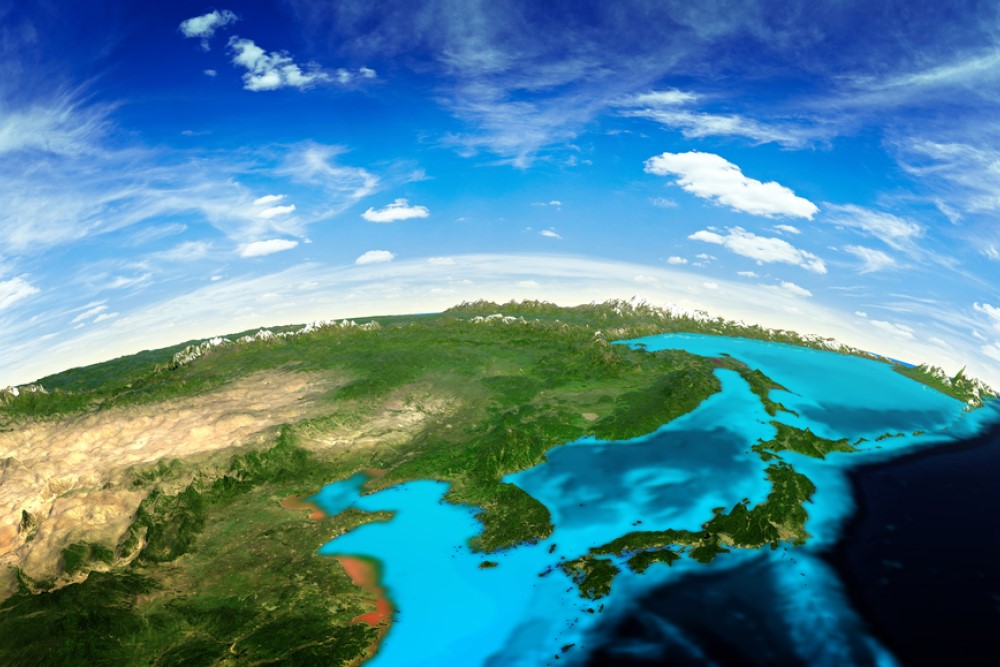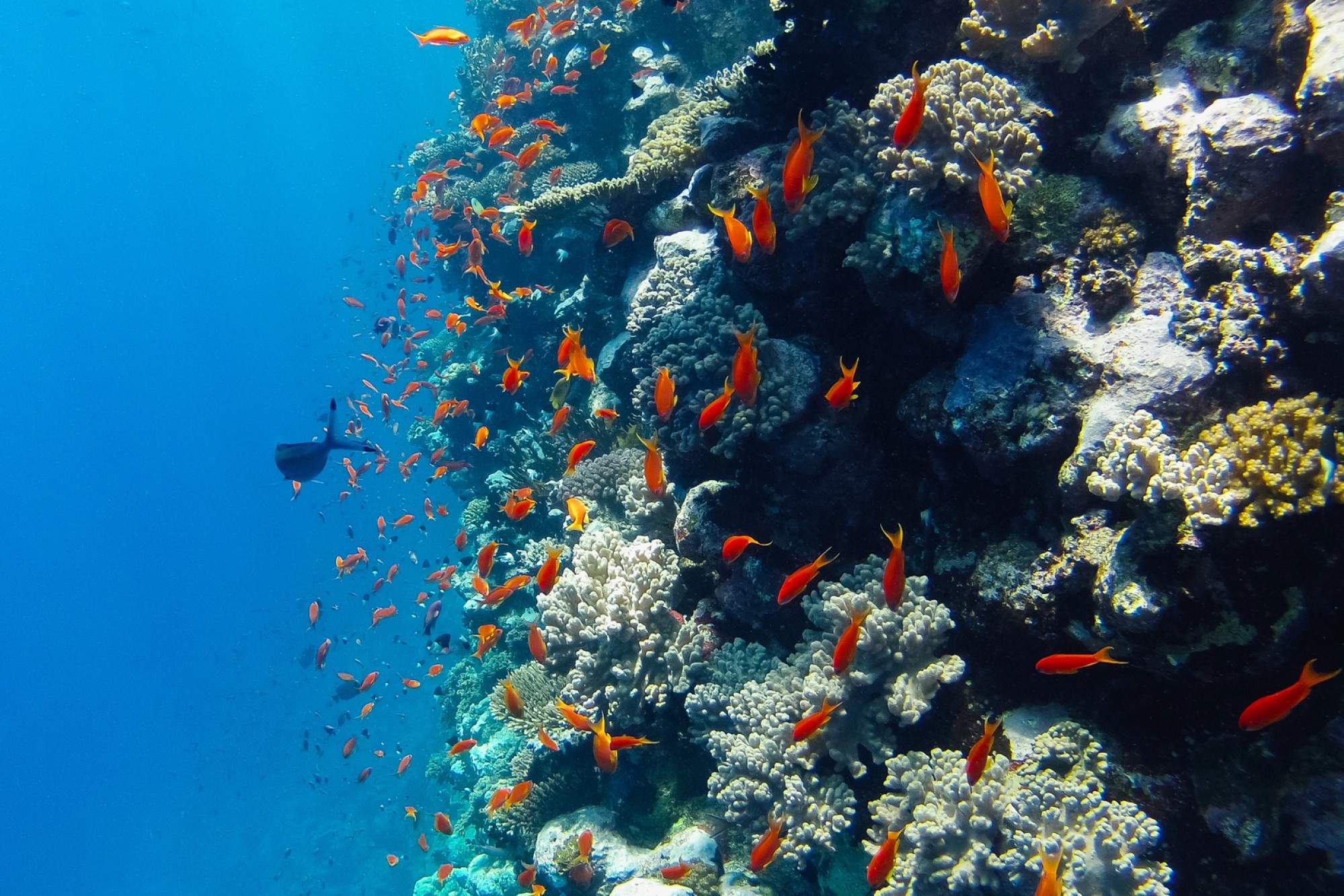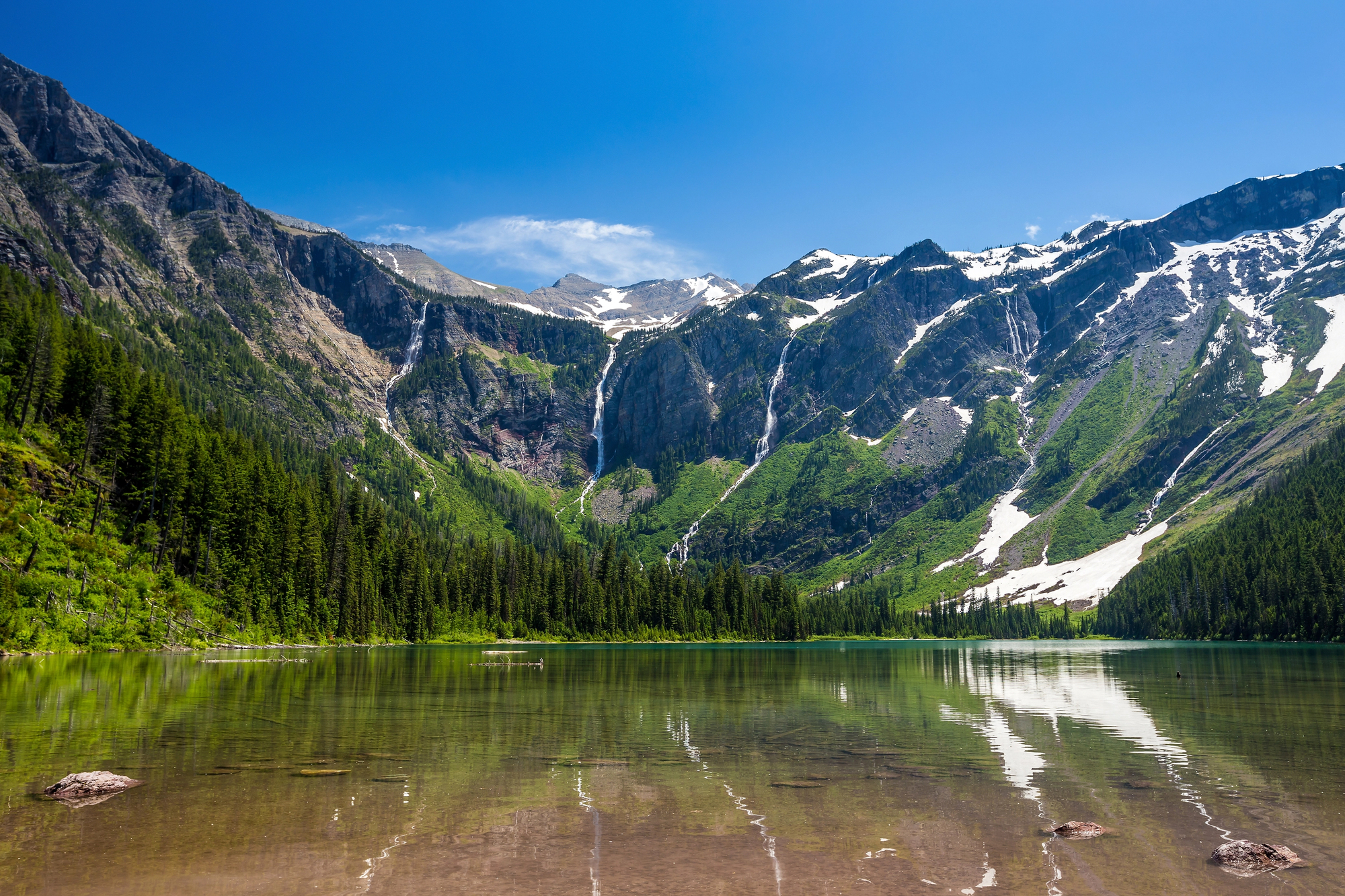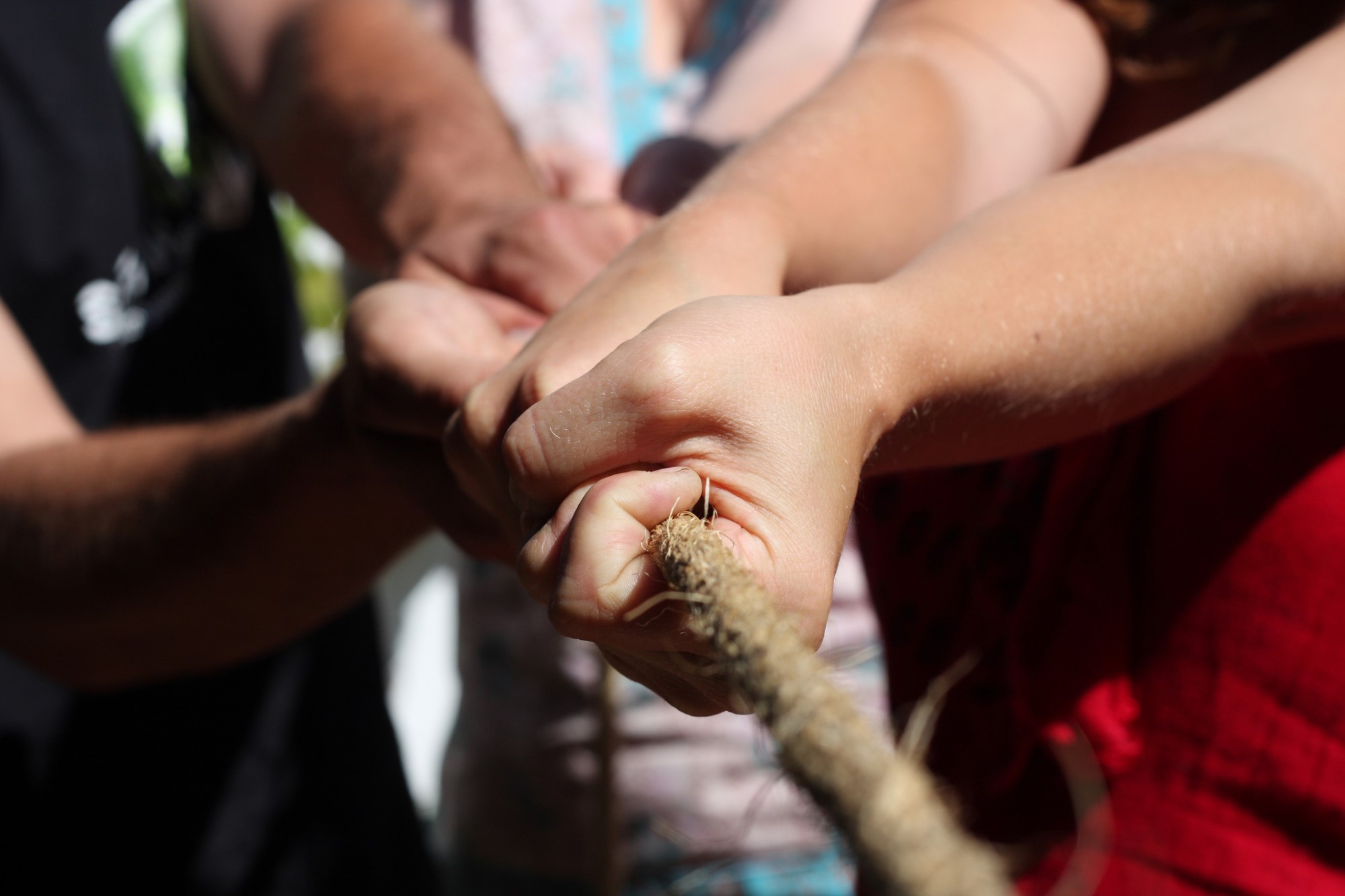Earth Day in a Year of Reckoning

Last year’s Earth Day, April 22nd, 2020 was unique. The United States, the country where the now international holiday originated, had realized it was in the midst of a pandemic just a little more than a month earlier. Lockdowns and closures meant less travel and less pollution. We all got a chance to see a glimmer of what might happen if we in the West reduced our consumption, even if only for a short period of time. Carbon emissions were dramatically reduced. Animals roamed the landscape. We were provided with a poignant visual representation of exactly what we have done to the planet. Most people had no sense at this point of what to expect out of the pandemic or of the lessons it would offer, if we would only pay attention.
This year’s Earth Day stands out as well. As a result of our experiences during the long pandemic, many people are both physically and emotionally scarred and battle weary. In spite of the challenges, or, perhaps, because of them, many now find themselves in a position to think about human activity on the planet in a more honest way than ever before, even if that means coming to some grim realizations. Human encroachment into wild spaces puts us in contact with non-human animals who spread diseases that may not be dangerous to them but are deadly to us, and vice versa. We never seem to stop encroaching.
How did all of this begin? The Industrial Revolution fundamentally changed the nature of human experience. The relationship between humans and the natural world in which they live changed along with it. Throughout the course of most of the human narrative, humans had short lifespans, interacted in reasonably small groups, and their actions had mostly modest consequences. Humans stood in awe and often in fear of the creative and destructive forces of the natural world. They were largely powerless and insignificant against those forces.
Much ink has been spilt over the centuries and through the course of philosophical thought on what many take to be the distinctive feature of human beings — our capacity to reason. Aristotle, for example, set up a natural hierarchy of living things — plants are at the bottom, non-human animals are superior to plants, and humans, guiding the whole enterprise with the reigns of reason, preside over all of creation. In the 17th century, philosopher Rene Descartes argued that human beings are fundamentally different from all other living things in light of our capacity for reason. For Descartes, non-human animals were “mere machines,” unable to form beliefs and to express those beliefs through the use of language.
Childhood stories also focus on reason as a mysterious, precious, and dangerous feature of human experience. Consider Mowgli from The Jungle Book: Mowgli is raised by wolves, but when it becomes clear that he can make tools and manipulate fire through use of reason, two other things also become clear — first, that Mowgli belongs in a community with other reasoners, and second, that his capacity to use reason to make tools makes him very dangerous to those against whom those tools might be used. The story of Tarzan tells a similar tale.
So here we are in the 21st century. We’ve used our capacity to reason to bring us to places early humans never imagined possible (for example, we’ve recently flown our first aircraft on Mars!). We’ve dramatically extended the range of our social encounters. We can now interact with people from radically different places and cultures. Under ordinary conditions, we can hop on a plane and visit a person from another country whenever we can afford it and the urge strikes us. In many places, using technology, humans produce food in abundance, often in so much abundance that there is significant waste. We drive to jobs and to visit family members. We can grow both food and bodily organs in petri dishes. We can predict the weather and respond to it before it happens. We cool our houses in the summer and warm them in the winter. In developed countries, many people are almost never in a position to feel even a moment’s hardship as a result of weather. It may be that through various types of geoengineering, we’ll have control over even the weather itself.
We’ve made some miraculous progress. The impressive degree to which human beings are creative forces is matched only by the degree to which we are often the sources of horrifying acts of destruction. We’ve produced so much non-biodegradable garbage that we created the Great Pacific Garbage Patch stretching from the West Coast of North America to Japan. It covers 1.6 million square kilometers and is twice the size of Texas. We’ve engaged in deforestation at an alarming rate, clearing critical trees to make room for grazing land for cattle and to grow soy to feed animals raised on factory farms. We’ve overfished our oceans. We’ve released tremendous amounts of greenhouse gases into the atmosphere, causing temperatures to rise, melting glaciers and ice caps, and causing ocean acidification that has bleached our coral — essentially killing our reefs.
The tragic irony in all of this is that most individuals love nature. Many people experience an almost religious sense of awe and wonder when they gaze out across a breathtaking natural landscape or when they observe simultaneously fragile and resilient natural systems replenish and renew themselves.
Those are the background conditions that situate our reflections on the current moment. This set up may have been full of doom and gloom, but there remains much reason for hope. Human beings are creative and resilient. Our ability to use reason to manipulate the natural world has caused a tremendous amount of trouble, but, at its best, that capacity makes it possible for us to really reflect on philosophical and moral questions related to the natural world and our place in it. On this Earth Day, we can take the opportunity to reassess — to learn one of the primary lessons imparted by the pandemic, which is that no environmental problem is really an isolated matter. The environmental choices that we make are global and momentous. They are choices we must come together to make as a global community with our eyes wide open, willing to be receptive to evidence and to be motivated to change our behavior.




